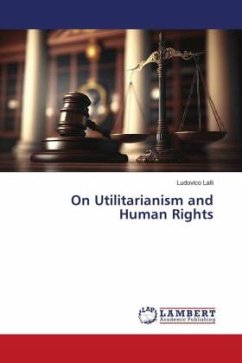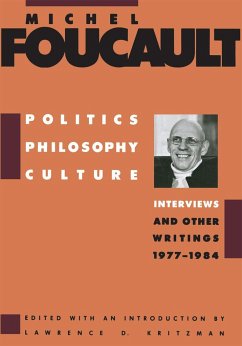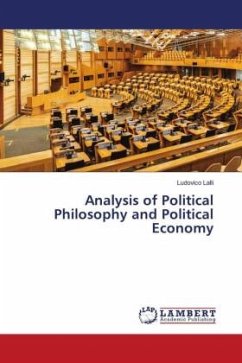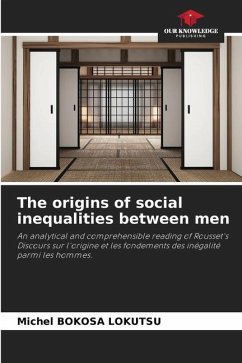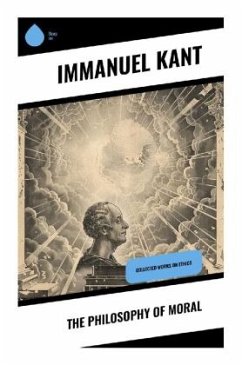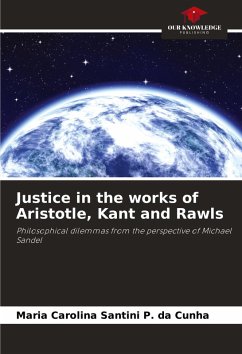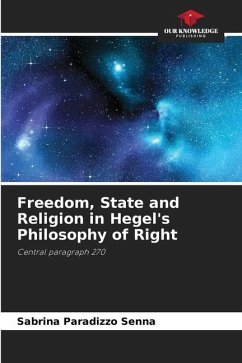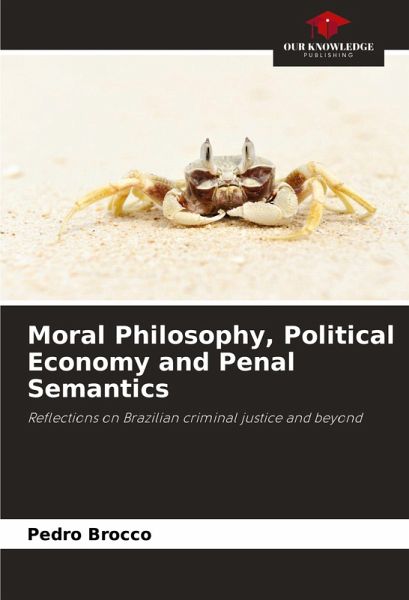
Moral Philosophy, Political Economy and Penal Semantics
Reflections on Brazilian criminal justice and beyond
Versandkostenfrei!
Versandfertig in 6-10 Tagen
32,99 €
inkl. MwSt.

PAYBACK Punkte
16 °P sammeln!
The aim of this work is to promote theoretical discussion about the uses of language within the field of law and by the subjects who occupy positions and exercise functions within it. The idea was born out of perplexities found in the functioning of the Brazilian criminal justice system, but the work will promote a broad application to the legal phenomenon. The idea is to analyze the ways in which terms that are considered open or semantically imprecise appear and operate in the functioning of criminal law: this is the case with "dangerousness", "public order", "suspicious attitude", "crime-or...
The aim of this work is to promote theoretical discussion about the uses of language within the field of law and by the subjects who occupy positions and exercise functions within it. The idea was born out of perplexities found in the functioning of the Brazilian criminal justice system, but the work will promote a broad application to the legal phenomenon. The idea is to analyze the ways in which terms that are considered open or semantically imprecise appear and operate in the functioning of criminal law: this is the case with "dangerousness", "public order", "suspicious attitude", "crime-oriented personality". These terms appear in specific situations, which have a certain continuity between them, especially when we look at the subjects who appear in the context of their appearance. This theoretical option, however, does not invalidate the role of the state in its ethical aspect, when it comes to pursuing and punishing those agents who perpetrate crimes whose criminal potential is capable of undermining the cooperative and trusting structure of a society. Therein lies the Gordian knot of the explanation for the criminal justice system's actions aimed at the serial production of prison misery.





